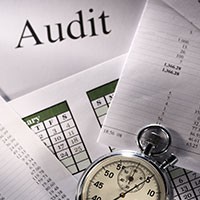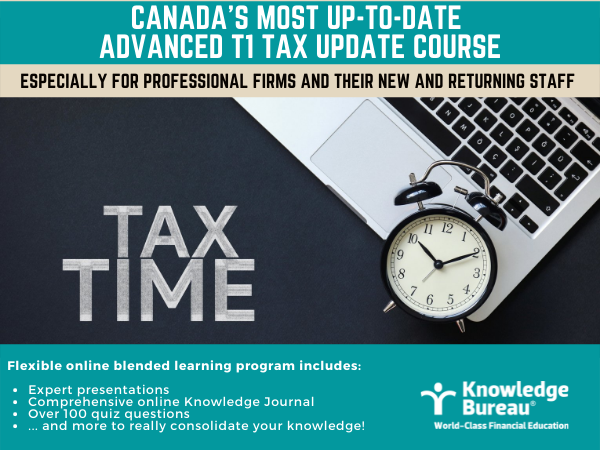Last updated: February 09 2022
CERB Audits and Appeal Rights

By Marco Iampieri B.A., JD, M.B.A
Recently, Canadians who received CERB in 2020 have been receiving letters from the Canada Revenue Agency (CRA), requesting further information to support their eligibility for CERB. It’s important to know that taxpayers have the right to appeal if they receive a reassessment with respect to repaying the Canada Emergency Response Benefit (CERB).
If the requested documentation supports the taxpayer’s self-assessed claim that they were eligible for CERB, then the CRA will leave the taxpayer’s return as filed. On the other hand, if the requested information does not support the taxpayer’s reporting, then the CRA will subsequently issue a reassessment requiring the taxpayer to repay the CERB due to their ineligibility. In that case, it is possible to adjust prior filed returns to claim a deduction for CERB previously reported as income.
At law, an assessment or reassessment under the Part 1 - Income Tax of the Income Tax Act or Part IX – Goods and Services Tax, is deemed to be valid and binding subject to an objection or appeal.
Taxpayers who are reassessed and required to pay back CERB have the option to file a notice of objection. The taxpayer will have the option to present their case at the Appeals Division of  the CRA.Another option is to file an appeal with the Tax Court of Canada. At the Tax Court of Canada, their case will be tried under the law by an unbiased and impartial arbitrator and the taxpayer will have an opportunity to make their case.
the CRA.Another option is to file an appeal with the Tax Court of Canada. At the Tax Court of Canada, their case will be tried under the law by an unbiased and impartial arbitrator and the taxpayer will have an opportunity to make their case.
Organizing Your Documents
When responding to a request for information from the CRA, it is important to organize documents for written representation to the CRA in a coherent fashion, according to specific circumstances relating to eligibility for the CERB,
Regarding the CERB eligibility requirements, it is straightforward for the CRA to confirm whether the natural person is at least fifteen years of age. On the other hand, the individual should demonstrate to the CRA that they have stopped working because of reasons related to COVID-19, that the individual had employment or self-employment income of at least $5,000 in 2019 or the 12 months prior to the date of the application, and that they have not quit their job voluntarily.
Importantly, eligible Canadians must not have earned more than $1,000 in employment and/or self-employment income in the first 14 consecutive days within the first benefit period or during each month of any subsequent claim. Essentially, if a taxpayer is earning employment or self-employment income greater than $1,000 during a period in which the taxpayer is self-assessing as being eligible for CERB, they are misrepresenting their eligibility for CERB and will likely be issued a reassessment. Further, in a situation in which the natural person is knowingly misrepresenting their affairs, they could be subject to significant penalties and interest provisions under the Income Tax Act.
Key Takeaway: If Canadians believe that they qualify for CERB, under the eligibility provisions, and are wrongly reassessed, then they may appeal the reassessment to arrive at an accurate assessment of tax.
Further reading: Canada Recovery Benefit (CRB) is issued under a separate Act of Parliament, not the Income Tax Act. However, the Appeal provisions under the Income Tax Act apply to the CRB. Natural persons should proactively double-check if they are eligible for CRB to avoid a reassessment of tax with the potential application of penalties and interest.
Author Byline: Marco is a faculty member at Knowledge Bureau, and practices tax law in Barrie, ON.
Additional educational resources: Don’t miss this opportunity to take Canada’s most up-to-date and comprehensive Advanced T1 Tax Update Course for Professional Tax Accounting firms and their new and returning staff who will file 2021 T1 Returns. This is Canada’s #1 tax training program for busy practice owners who need to recruit and train staff in time for this tax season.
